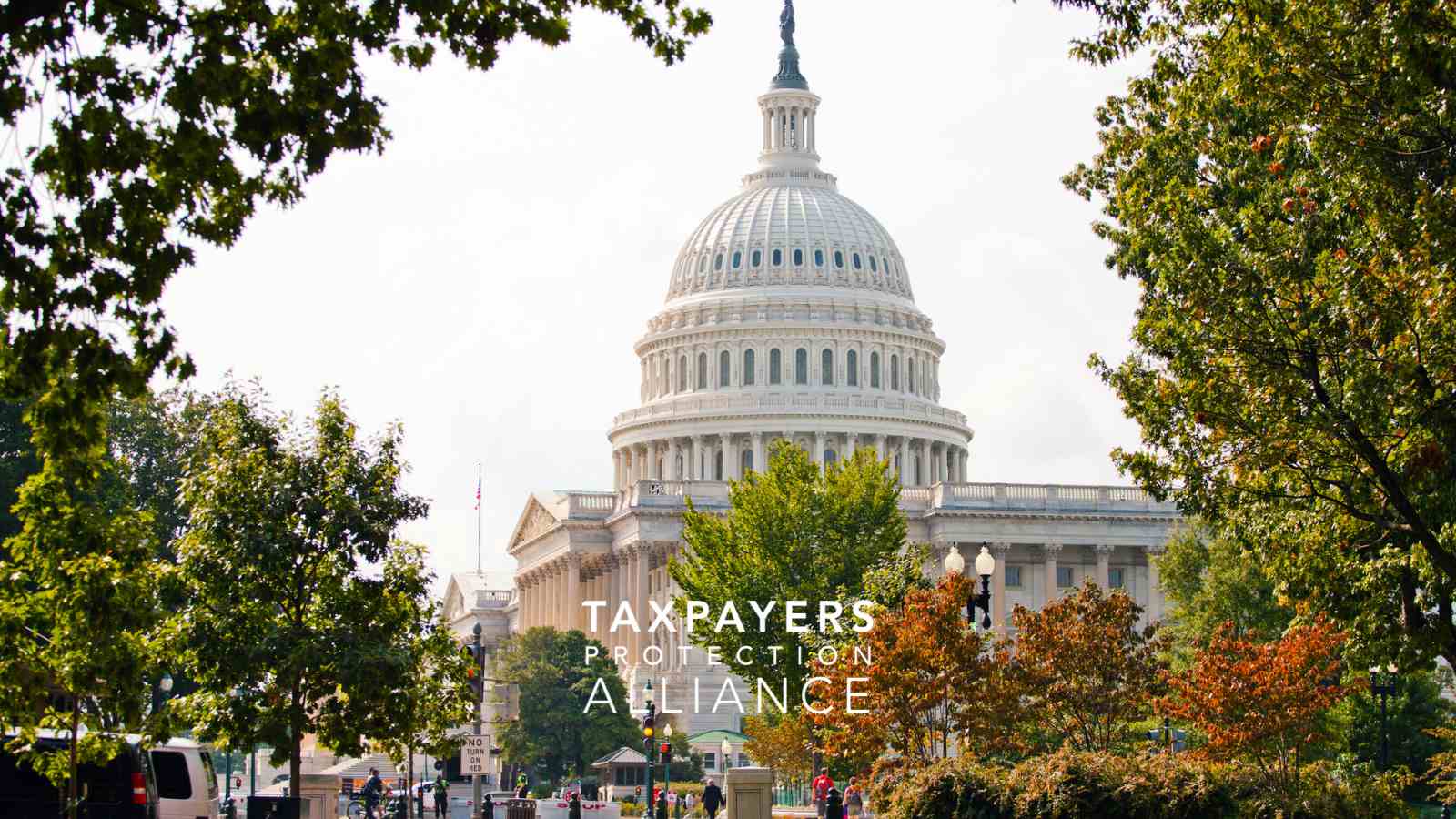
Consumer Protection or Ideology? Inside the Netflix–Warner Bros. Hearing
Earlier this week, Netflix co-CEO Ted Sarandos and Warner Bros. Discovery (WBD) chief revenue and strategy officer Bruce Campbell testified before a Senate subcommittee hearing

The Antitrust Accountability Project is an ongoing effort by the Taxpayers Protection Alliance to ensure that competition policy remains narrowly-focused on protecting consumers and not used as a vehicle to advance other political or economic interests.
Expanding and abusing antitrust enforcement would harm innovation and entrepreneurship and impose real costs, in effect raising taxes and harming American consumers.
The Government Antitrust Accountability Project is dedicated to educating the public and government officials about the importance of consumer-focused competition policy and monitoring developments in this space to hold those who would seek to abuse antitrust policy accountable.

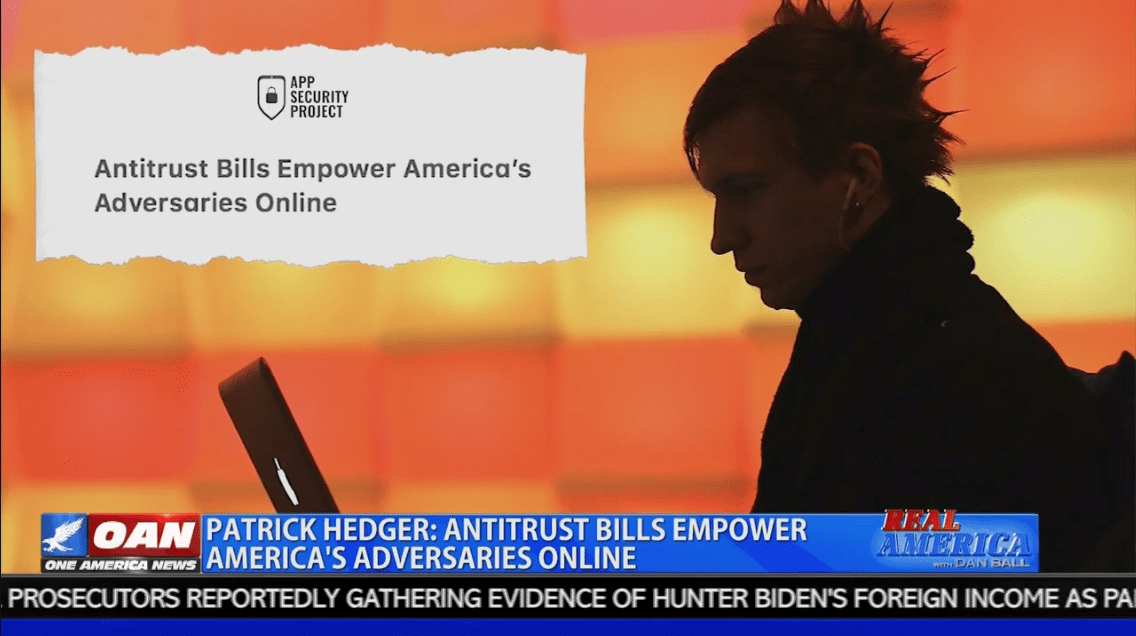
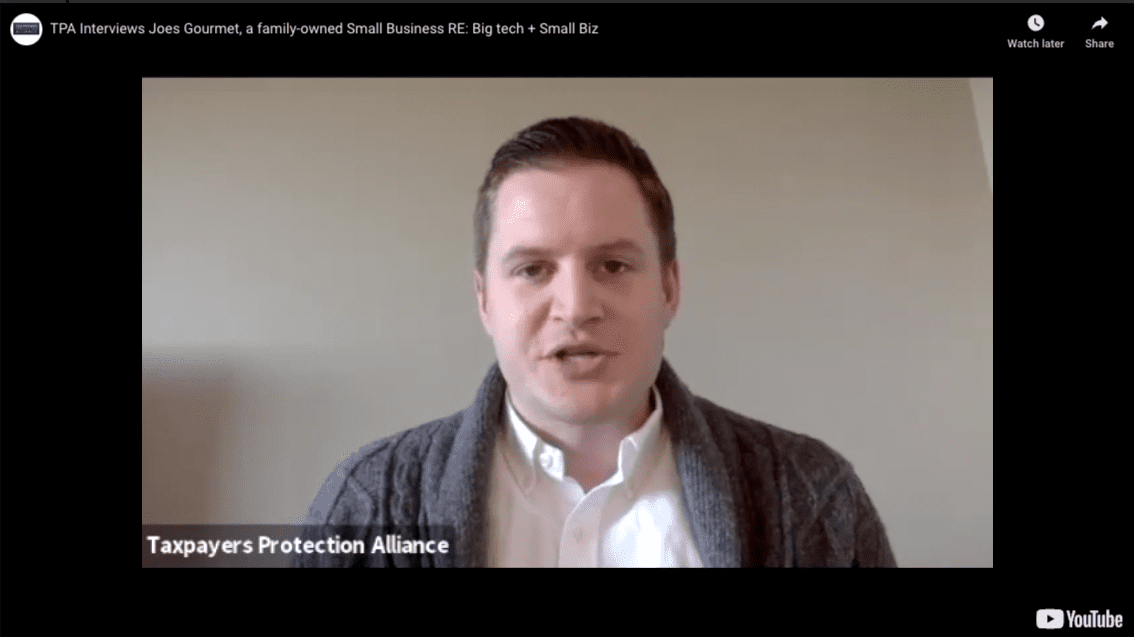




Earlier this week, Netflix co-CEO Ted Sarandos and Warner Bros. Discovery (WBD) chief revenue and strategy officer Bruce Campbell testified before a Senate subcommittee hearing

This op-ed was originally published in Real Clear Markets. While the “robber barons” of the Gilded Age and the companies they led have faded into

FOR IMMEDIATE RELEASE Contact: Kara Zupkus (224) 456-0257 WASHINGTON, D.C. – Yesterday, the Federal Trade Commission (FTC) announced an appeal in its case seeking to
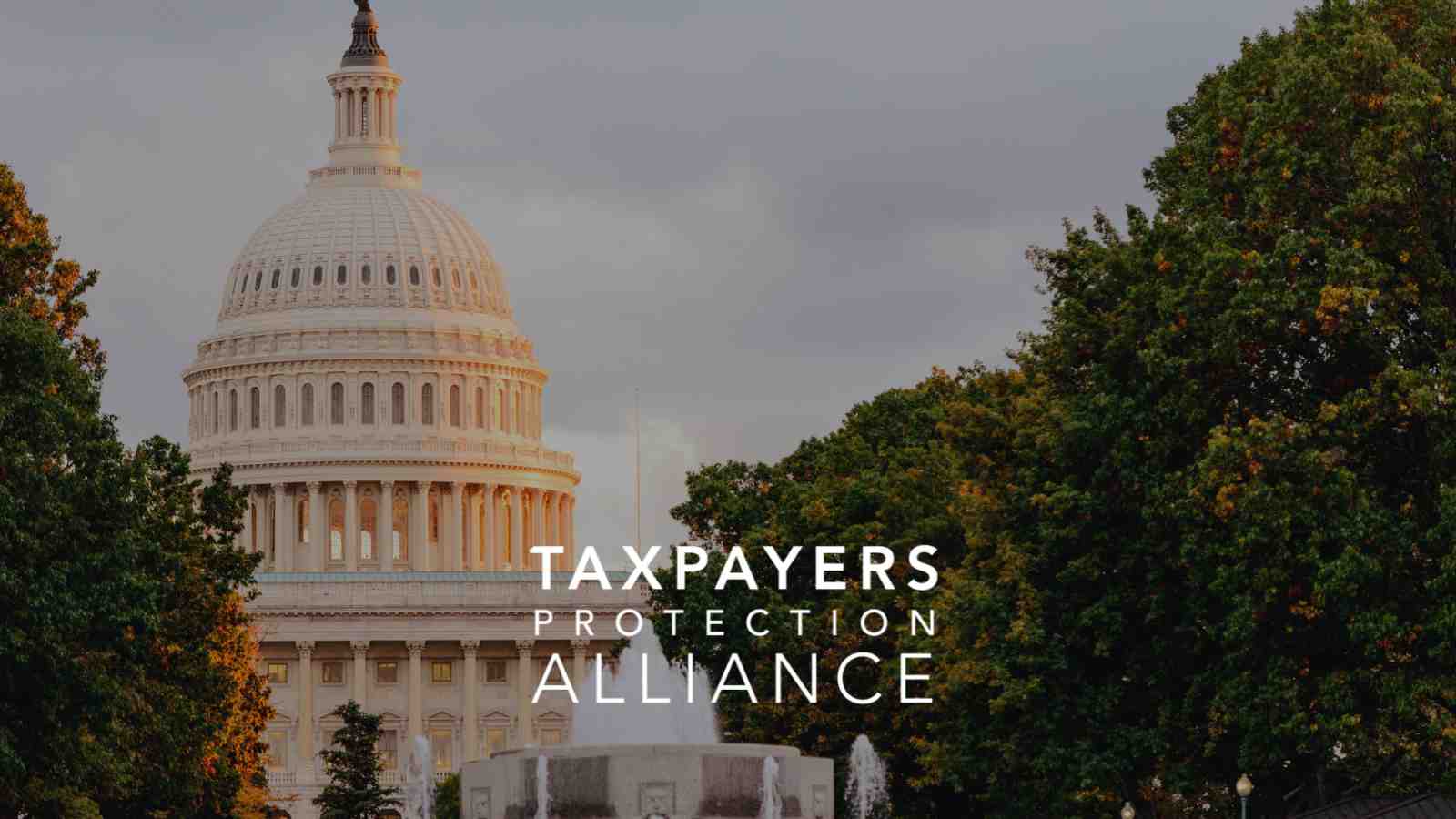
As Congress and regulators scrutinize Netflix’s proposed acquisition of Warner Bros. Discovery (WBD), a familiar antitrust reflex has reemerged: the idea that corporate scale is

The past half-century has seen a breathtaking boom in air travel. A mode of transportation that was once a luxury is now a shared experience

Last month, a Taxpayers Protection Alliance (TPA) blog post warned that the Federal Communications Commission (FCC)’s merger-approval powers have become a weapon for deployment against

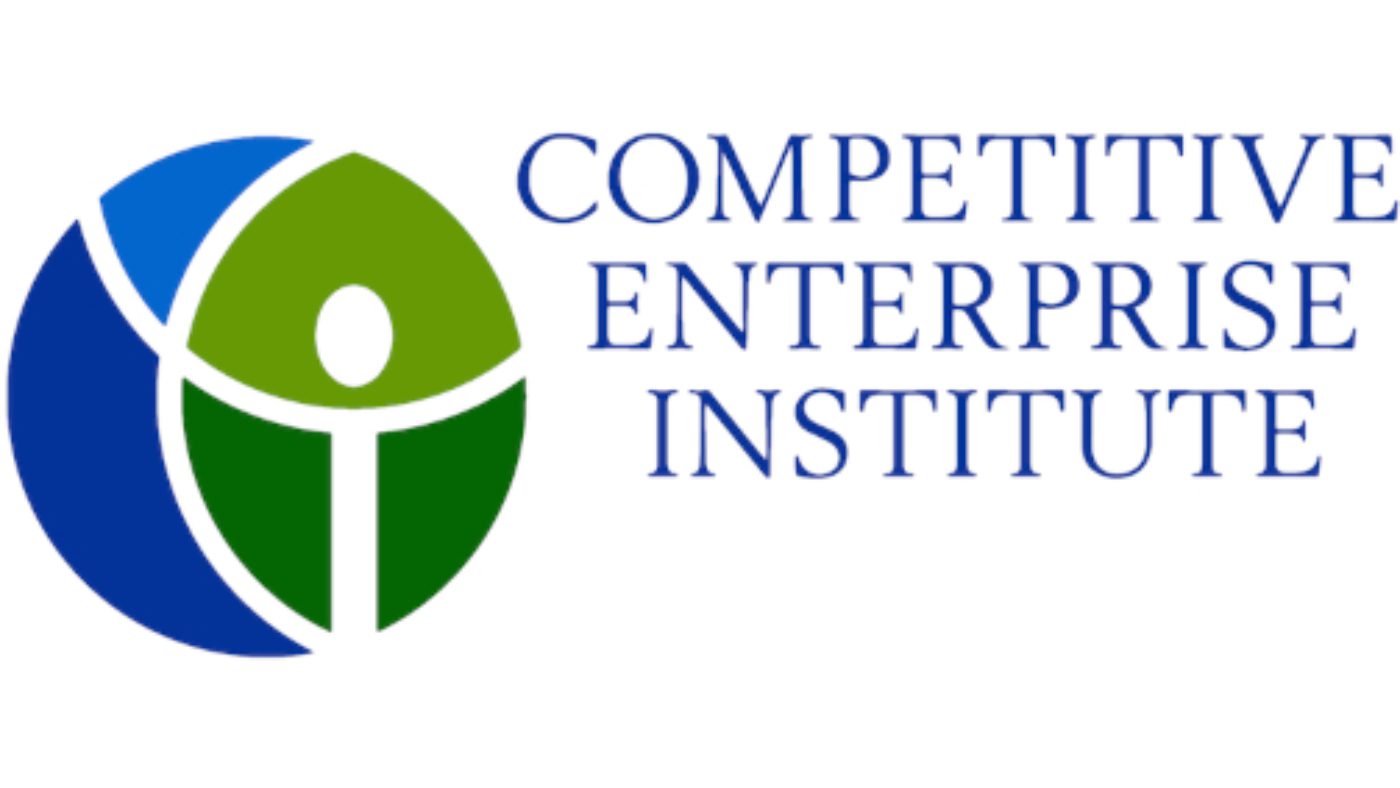
The Competitive Enterprise Institute (CEI) is widely recognized as a leading and effective advocate for freedom on a wide range of critical economic and regulatory policy issues. CEI’s research and analysis are cited thousands of times in major media outlets, relied upon by scholars and advocates, and used by members of Congress, executive branch officials, and other federal and state policymakers as the basis for reform actions and proposals. CEI’s work provides policymakers with user-friendly data and analysis, as well as concrete, actionable reform proposals.
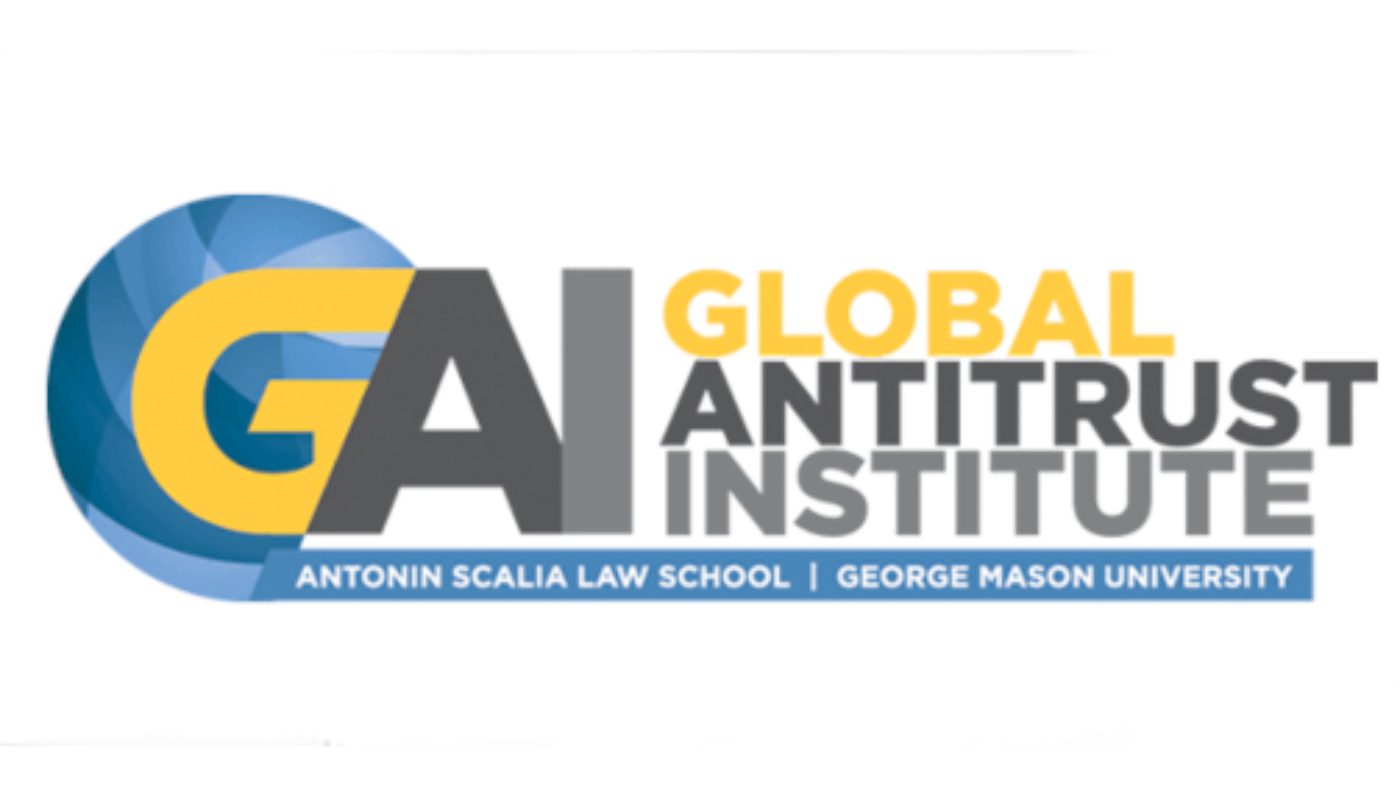
The Global Antitrust Institute (GAI) at Antonin Scalia Law School, George Mason University was created to promote the application of sound economic analysis to competition enforcement around the world by providing economic education to judges and competition enforcers from around the world in their Economics Institutes, sharing their legal and economic expertise by submitting written comments to regulators through their Competition Advocacy Program, facilitating debate and discussion of contemporary competition policy issues with events, and hosting visiting scholars from around the world.
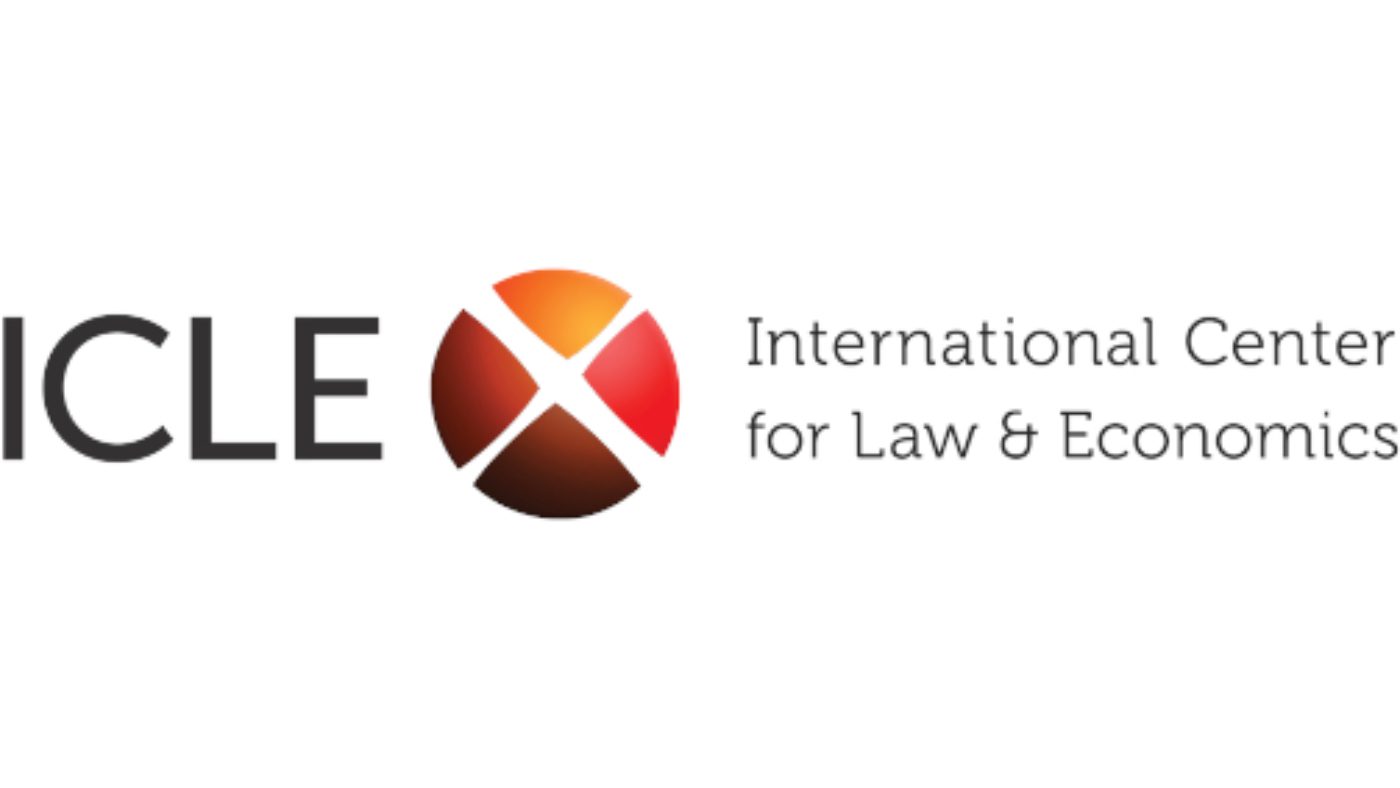
The International Center for Law & Economics (ICLE) antitrust and consumer protection research agenda emphasizes an empirical, evidence-based approach, informed by a decision theory (“error cost”) mode of analysis. ICLE scholars evaluate the social costs and benefits of proposed interventions, focusing in particular on how institutions affect the appropriateness and the effectiveness of antitrust enforcement.
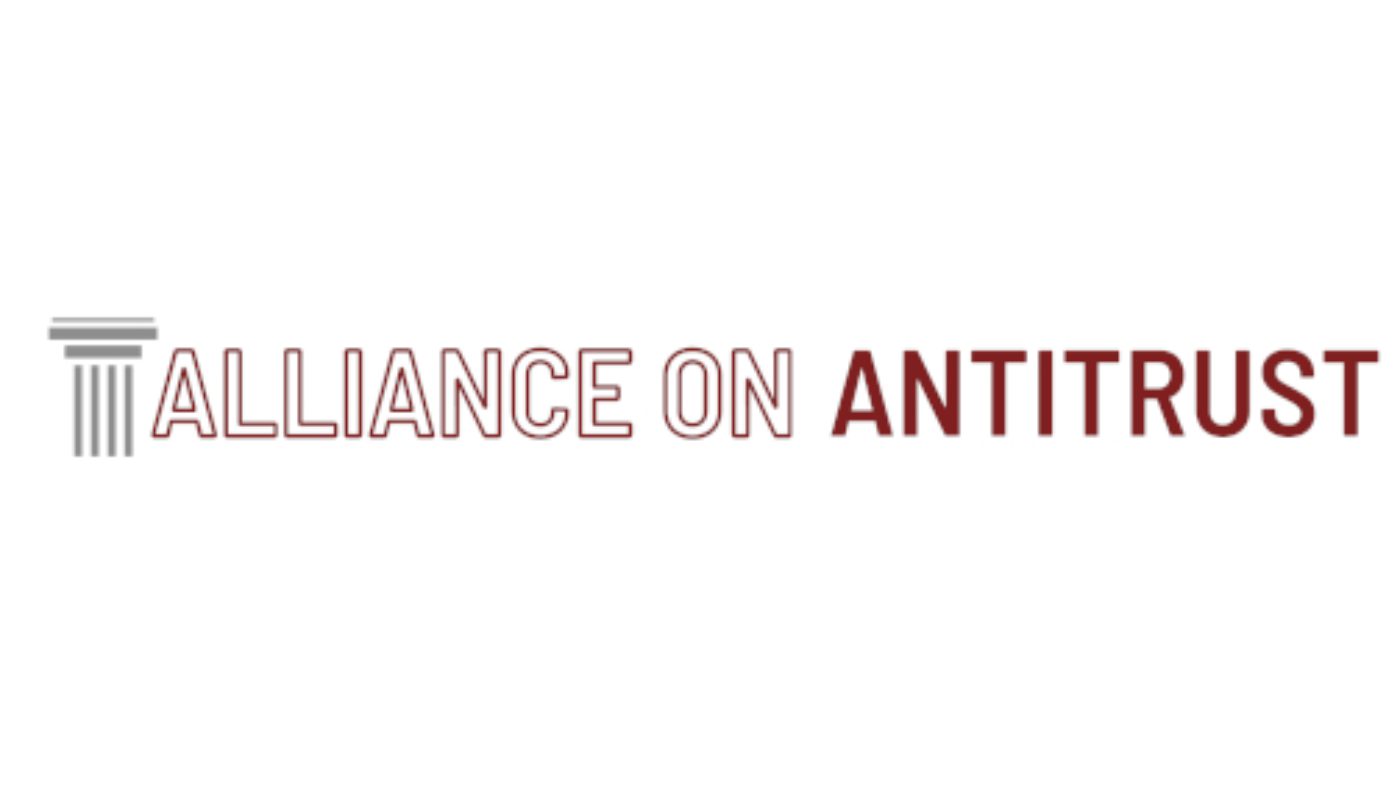
The Alliance on Antitrustwas established to address the increasing calls to move away from the consumer welfare standard and to use antitrust as a political tool. We believe that weaponizing antitrust for broader socioeconomic purposes would fundamentally alter the primary goal of antitrust law, upend more than a century of legal and economic learning and progress, and undermine the rule of law.